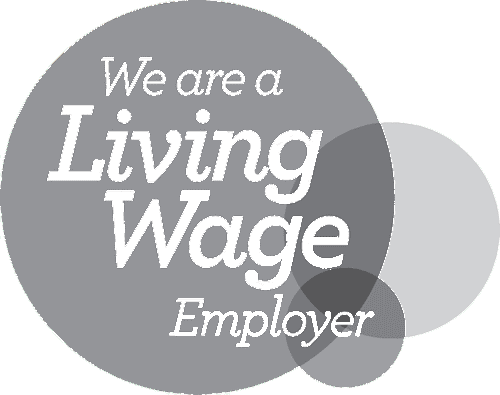
Embracing Sustainability: A School's Guide to Eliminating Single-Use Plastics
The UK Government’s commitment to eliminate all avoidable plastic waste by 2024 is gaining momentum, and it is crucial for schools to actively participate in this movement.
A recent ban, building upon the 2020 restrictions, now targets single-use plastics, with the aim of reducing unnecessary waste. This ban has wide-ranging implications, affecting various sectors, including education. Schools, being a fundamental part of society, play a significant role in this initiative. It’s time for schools to prepare for this change and embrace sustainability, setting an example for the younger generation.
What does this stage of the ban cover?
Building on the previous restrictions, the latest ban encompasses single-use plastic cutlery, balloon sticks, polystyrene cups, plates, trays, and bowls. Its impact spans from classrooms to sports fields, so it’s crucial for schools to prepare for the transition, not only in the cafeteria but also in school events, sports matches, and extracurricular activities. The ban extends to every facet of school life.
What Can Schools Do?
One of the most effective ways to navigate this ban is by procuring eco-friendly products. Fortunately, there are numerous eco-friendly alternatives that often don’t break the budget.
For instance, Lyreco offers eco-friendly cutlery, plates, cups, and stirrers that can seamlessly replace their plastic counterparts. By proactively adopting these eco-friendly solutions, schools can ensure that they are not only compliant with the new regulations but also contributing to a sustainable future.
The urgency of this transition is twofold. Not only is the ban already in place, but it’s also an opportunity for schools to become more ecologically focused, instilling values of sustainability in students.
Eco-friendly products are evolving, with innovations like reusable plant-based bottles from Lyreco that go beyond replacing single-use plastics. Schools can educate students about the importance of these choices and empower them to make environmentally conscious decisions.
In the case of straws, innovation is particularly important. Some schools have been reluctant to embrace paper straws due to their tendency to get soggy. However, this issue largely arises from poorly manufactured straws that use subpar materials.
Bamboo straws address this problem, offering a sustainable alternative that ensures your school reduces pollution while adhering to the new rules, providing a win-win solution for both the environment and the school community.
Benefits of Eco-Friendly Products
By adopting eco-friendly products, schools not only reduce pollution but also take the initial steps toward becoming more ecologically conscious. This transition can pave the way for increased reliance on renewable energy sources, recycling initiatives, and eco-friendly products for various daily activities, such as cleaning.
Eco-friendly products benefit the planet in the following ways:
- Reduced Waste: By opting for reusable or recyclable products, schools can significantly cut down on the volume of waste generated. This sets an example for students, encouraging them to think about waste reduction in their daily lives.
- Lower Carbon Footprint: Sustainable materials help minimise the carbon emissions associated with the production and disposal of conventional products. By teaching students about the carbon footprint of various products, schools contribute to their environmental education.
How to Procure New Eco-Friendly Products
To incorporate eco-friendly products into school operations, consider the following steps:
- Procurement Strategies: Collaborate with suppliers offering eco-friendly alternatives. Explore bulk purchasing options to keep costs down and promote the use of sustainable products within the school’s budget.
- Available Resources: Seek out procurement support that can help secure the best deals in a compliant manner. Leveraging available resources can further reduce the financial impact of transitioning to eco-friendly alternatives.
The advantages of using eco-friendly products in schools are substantial. Making the switch not only contributes to a more sustainable environment but also fosters responsible citizenship and saves money in the process. Schools play a vital role in shaping the future, and embracing sustainability is a step toward a more responsible and eco-conscious society.
If your school is ready to purchase eco-friendly products, use Education Buying’s brilliant school supplies framework . This presents the opportunity to partner with Lyreco, Office Depot, Thomas Stoner, and Banner Group—your reliable allies in the journey toward sustainability. Together, schools and suppliers can lead the way in creating a greener and more sustainable future for the next generation.





